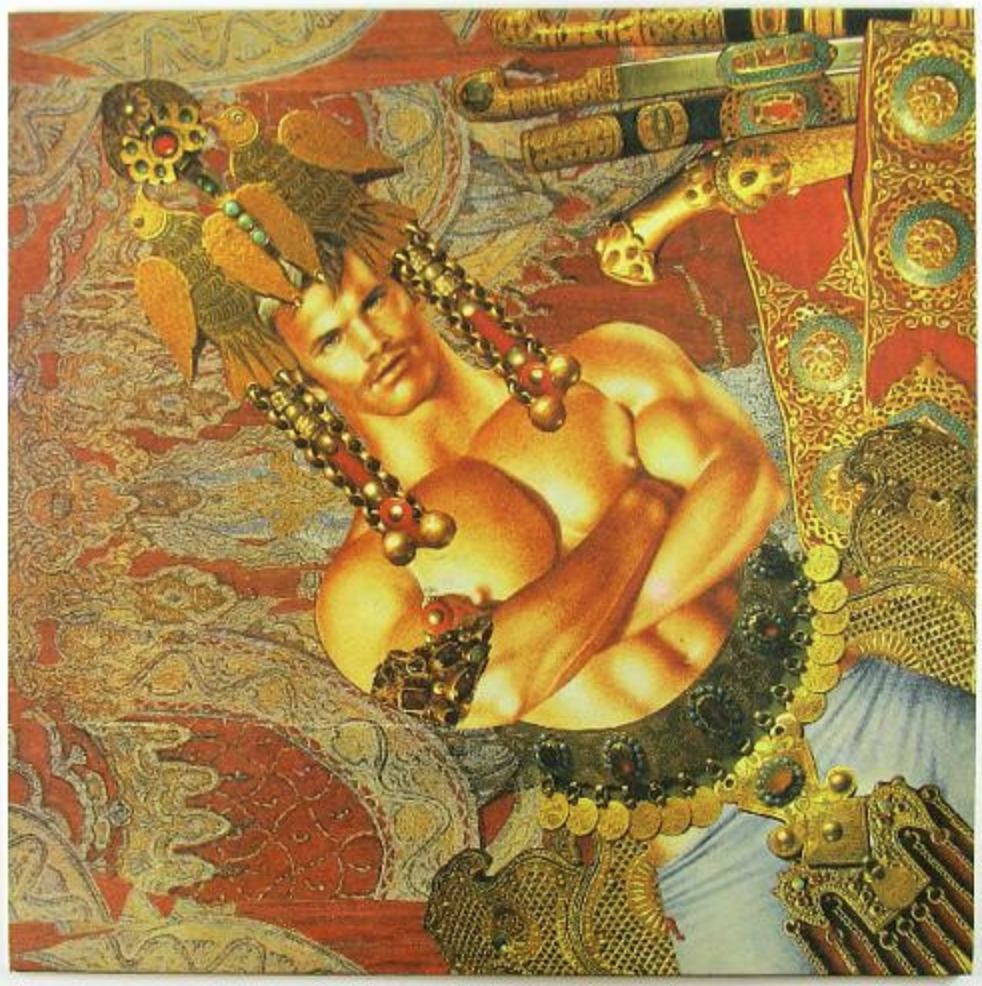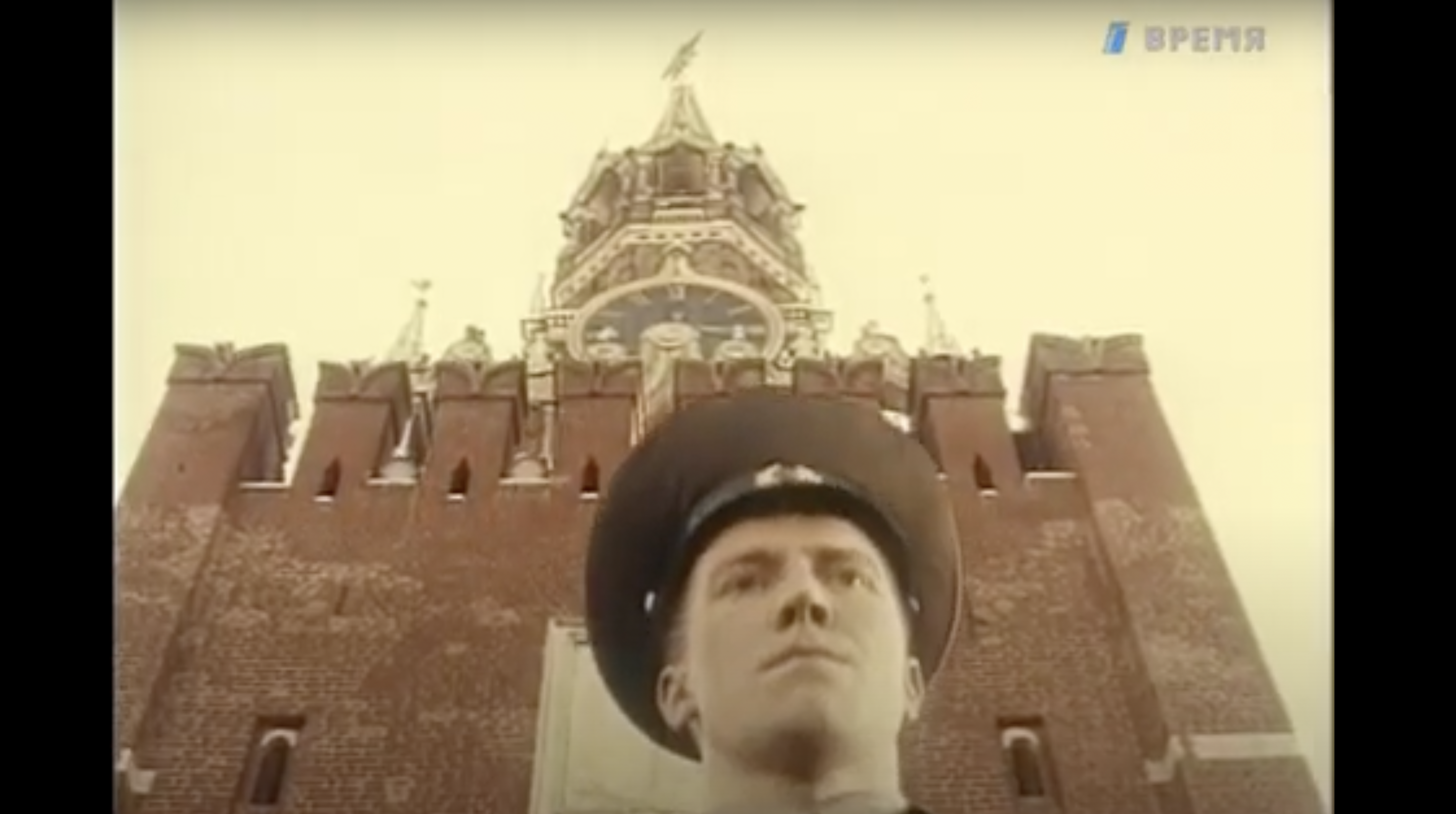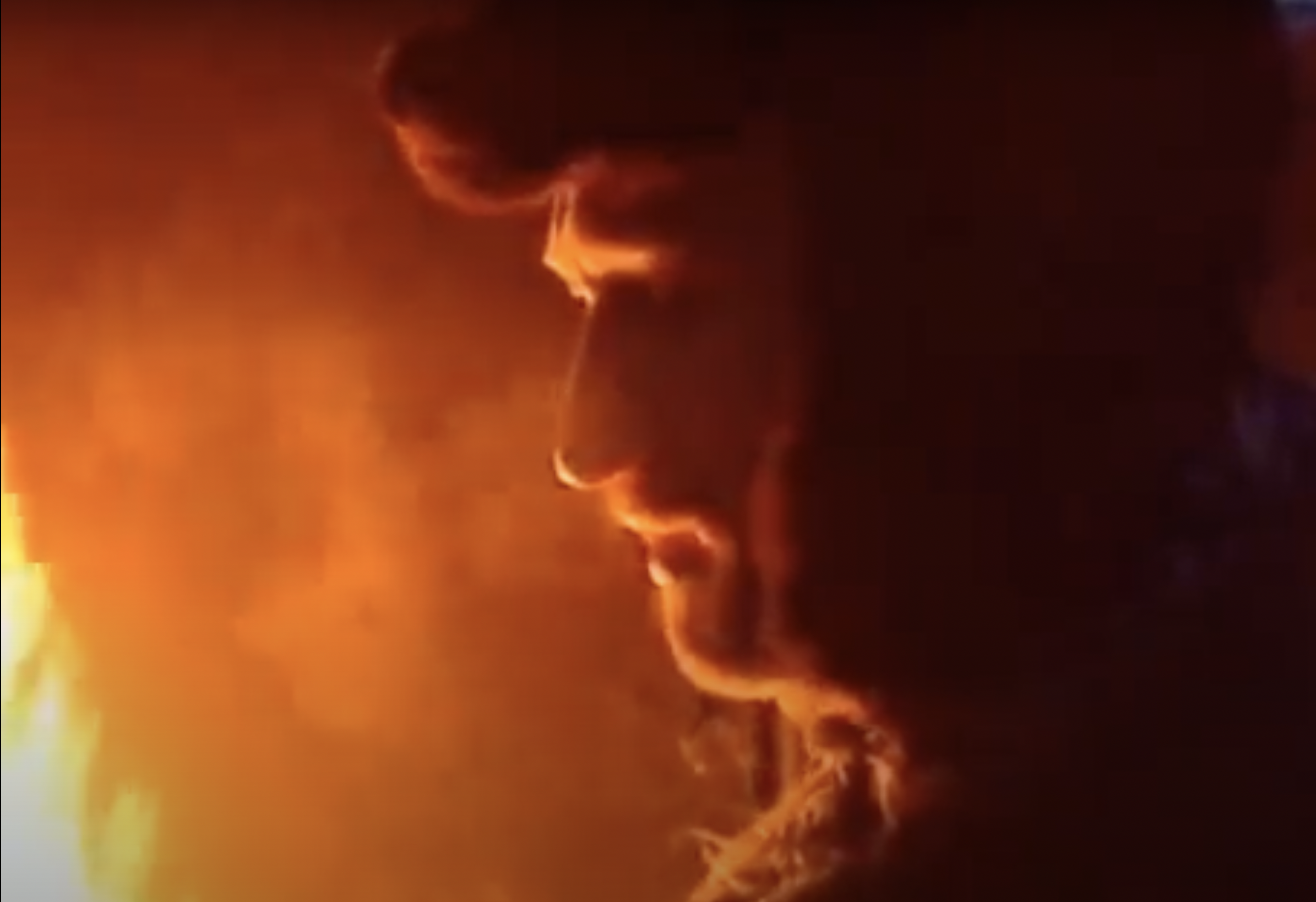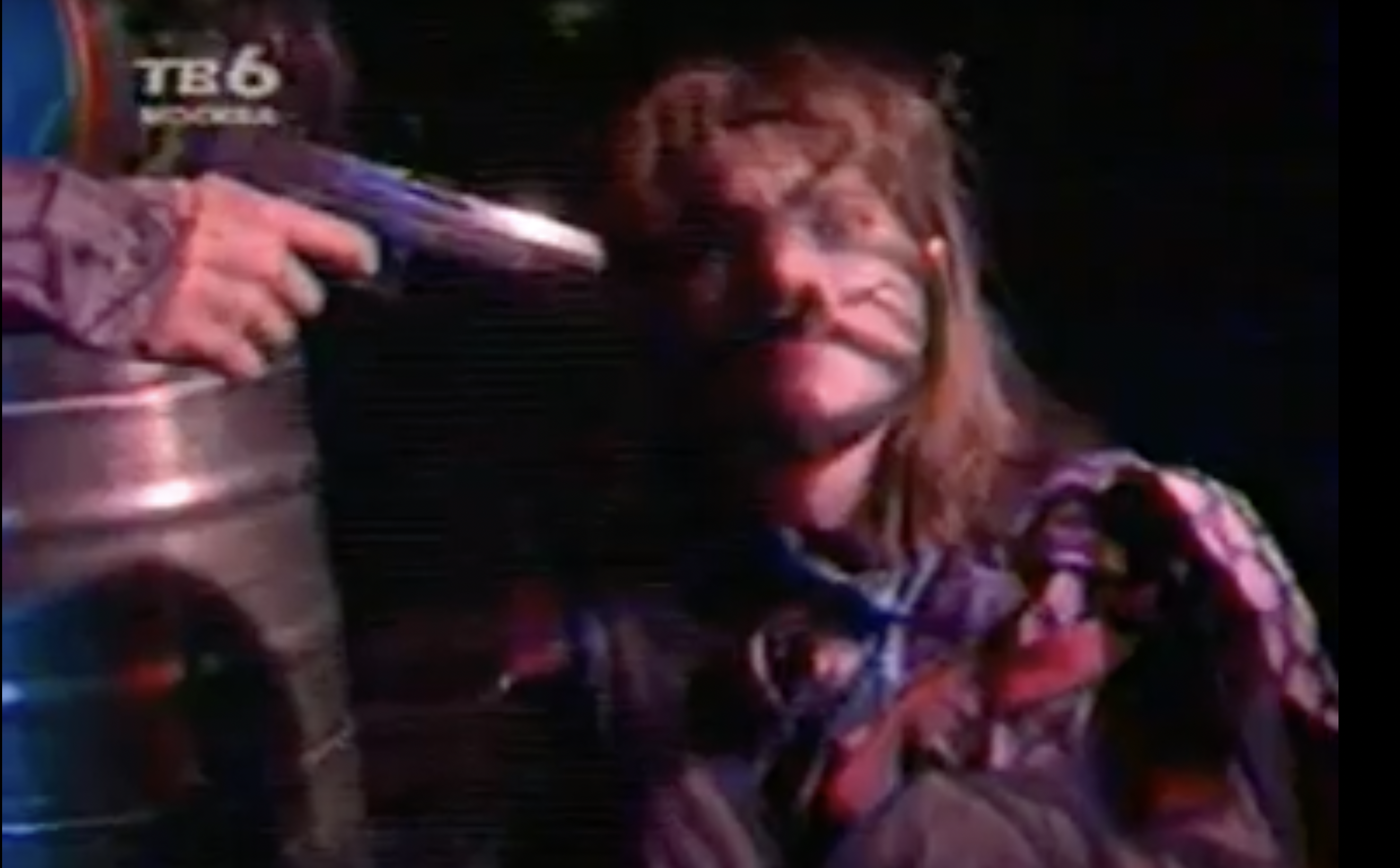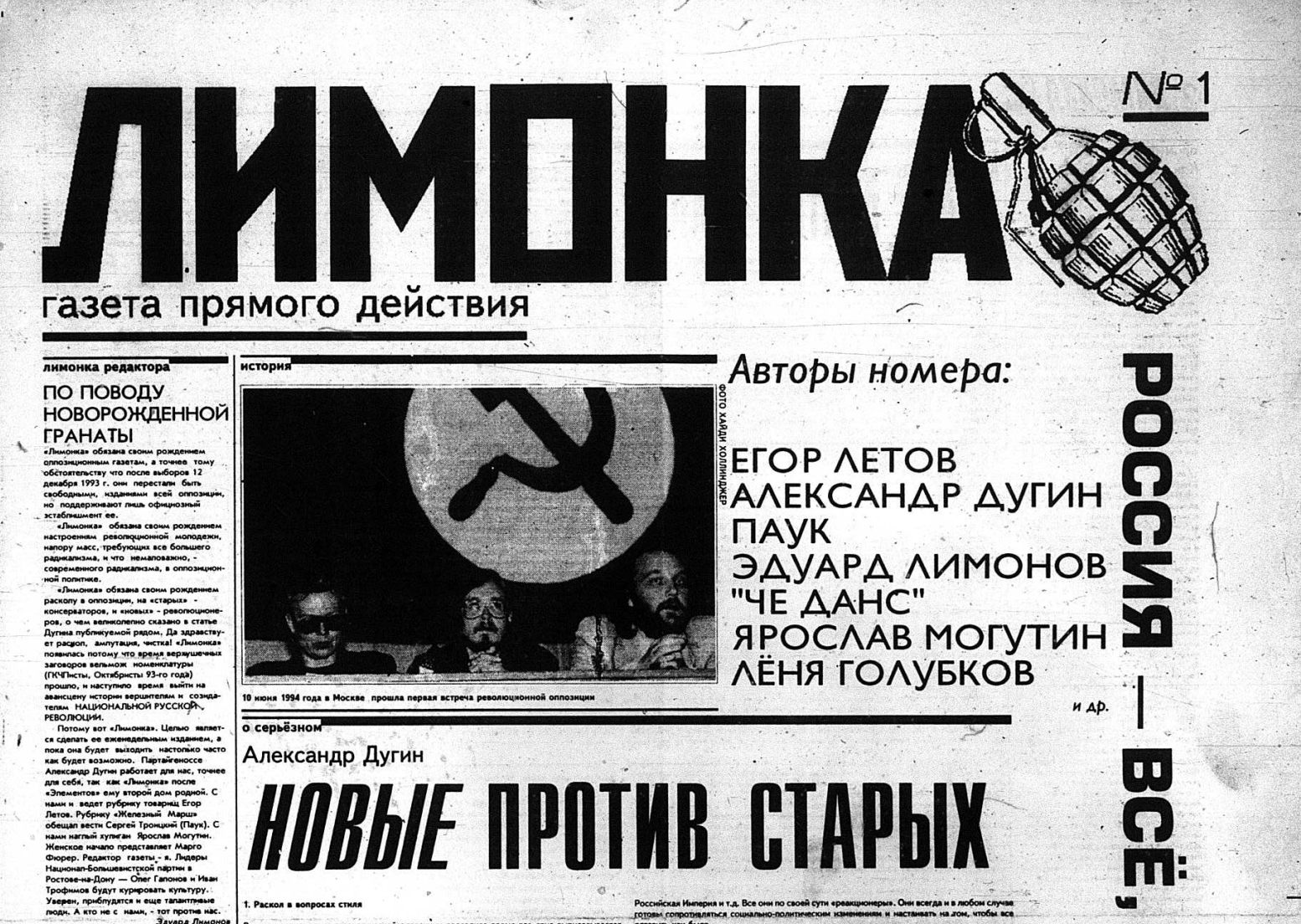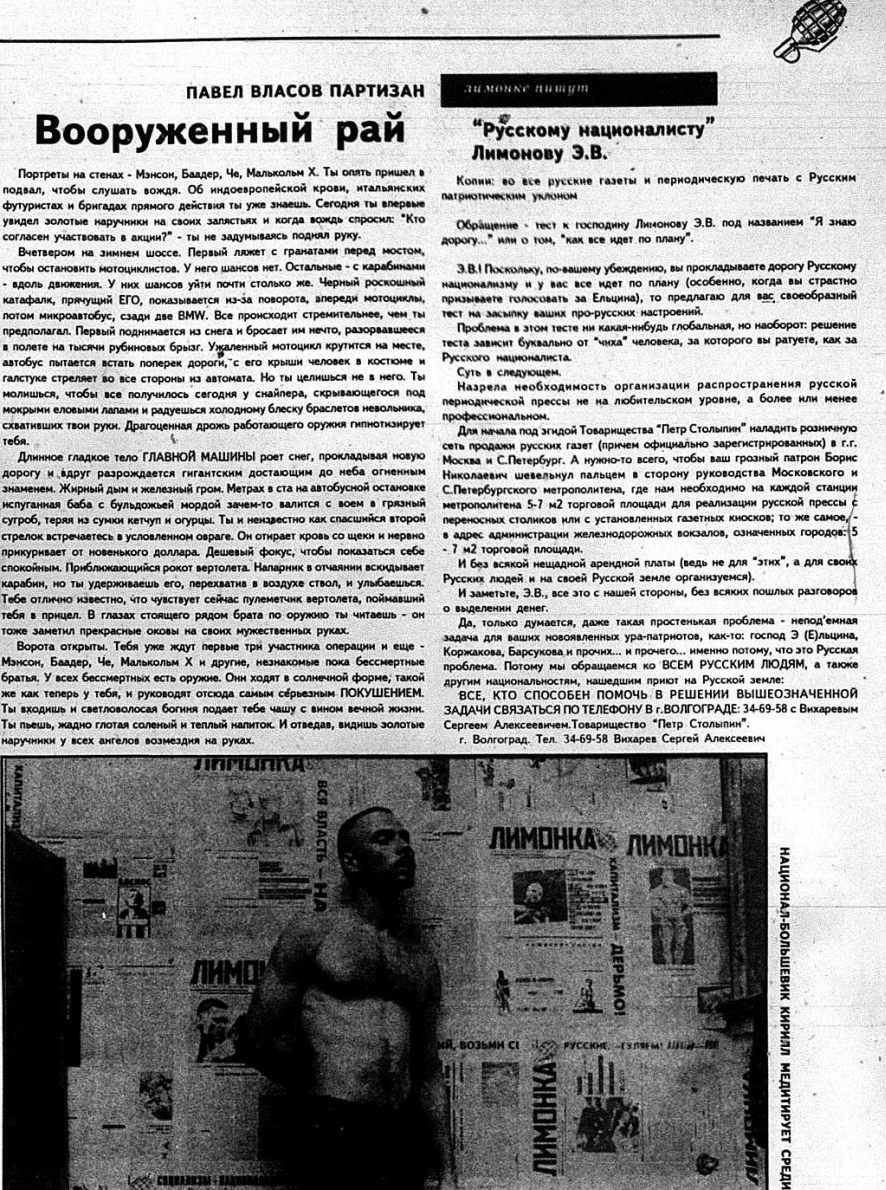Search Results
Search Terms
Results: Displaying Artifact 157 - 162 of 223 in total
Text Containing:
Fields: Human Readable Date
Page: 27
Vladimir Vesyolkin, "Impossible Love"
The album art for the 1992 LP Impossible Love (Nevozmozhnaia liubov’) by Vova and the Organ of Internal Affairs (Vova i organ vnutrennikh del).
Ernst’s “Russian Project” as cultural therapy for the post-Soviet Russian masses
Konstantin Ernst’s (1961-) series of social advertisements extolling Russia’s shared values and national identity at a time of seeming social crisis in the mid-1990s.
Yeltsin's Culler (Sanitar Yeltsina)
Delo Muryleva. Smert' za kvartiry (The Murylev case. Death for Apartments). First episode of the crime show Kriminal'naia Rossiia (NTV, 1995-2002, with various later versions on TVS, Pervyi kanal, and others)
The Russian (Extreme Version of) MTV
Selection from the music TV show Drëma, which aired on TV-6 in 1997-98 before being shut down because of its provocative content. Hosted by Vladimir Epifantsev and Anfisa Chekhova. An early (quite experimental) example of pop culture in post-Soviet Russia.
A Conservative Revolutionary Avant-Garde
“The New against the Old,” a programmatic article by Aleksandr Dugin from the first issue of Limonka, the official newspaper of Eduard Limonov’s National Bolshevik Party (NBP), radical political organization/countercultural movement.
"An Armed Paradise"
An article by Aleksey Tsvetkov, anarchist writer and associate director of "Limonka" who temporarily turned the newspaper to a postmodern art project of sorts.
